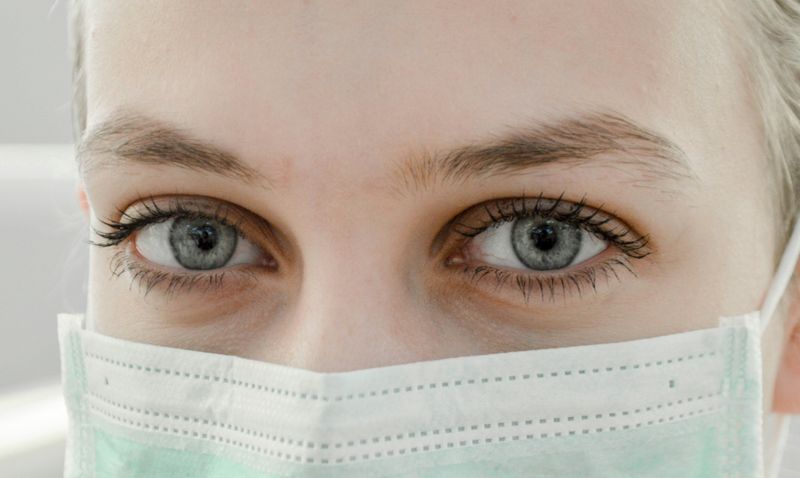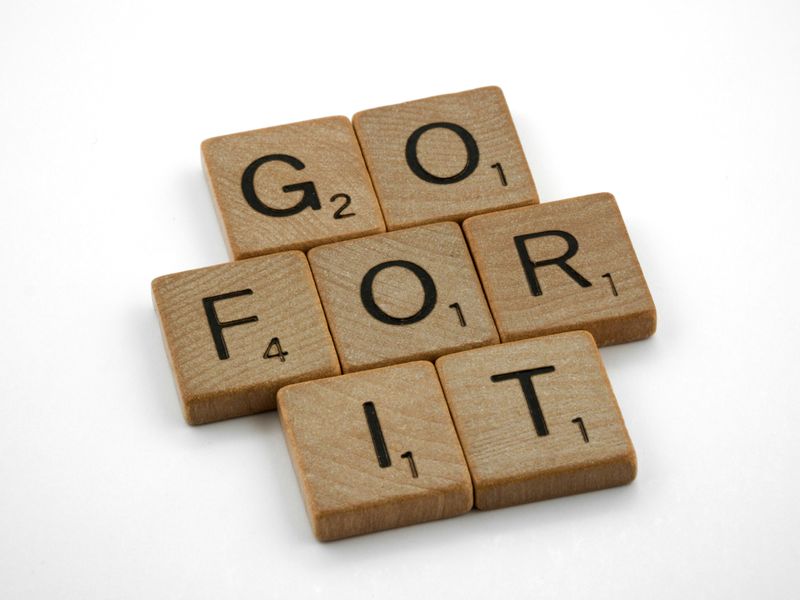Are you dreaming about a nursing career? Do you enjoy helping people and want to alleviate suffering? Go for it! It's great when your job and passion come together!
 Photo by Patty Brito on Unsplash
Photo by Patty Brito on UnsplashIf you choose to be a nurse, you can have a respected professional career and personal satisfaction by helping patients recover and continue enjoying life.
Develop the following skills needed to be a nurse before you start nursing school.
1. Daily Skills
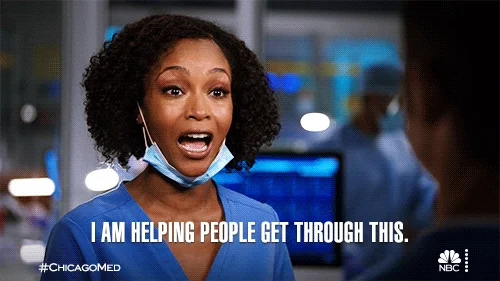
Develop these essential daily skills needed to be a nurse:
Talking to patients to understand how they feel and what problems they might have.
Giving medications to patients and watching them closely to see if they have any bad reactions.
Making care plans: working with doctors and nurses to create plans on how to take care of patients, and checking if those plans are working well.
Taking care of wounds, cleaning cuts or injuries, and putting bandages on them.
 Photo by Diana Polekhina on Unsplash
Photo by Diana Polekhina on UnsplashCompleting medical procedures and assisting doctors during medical procedures when needed.
Using medical equipment and operating machines that help monitor patients’ health.
Collecting samples, taking blood, urine, or other samples from patients to test in a lab.
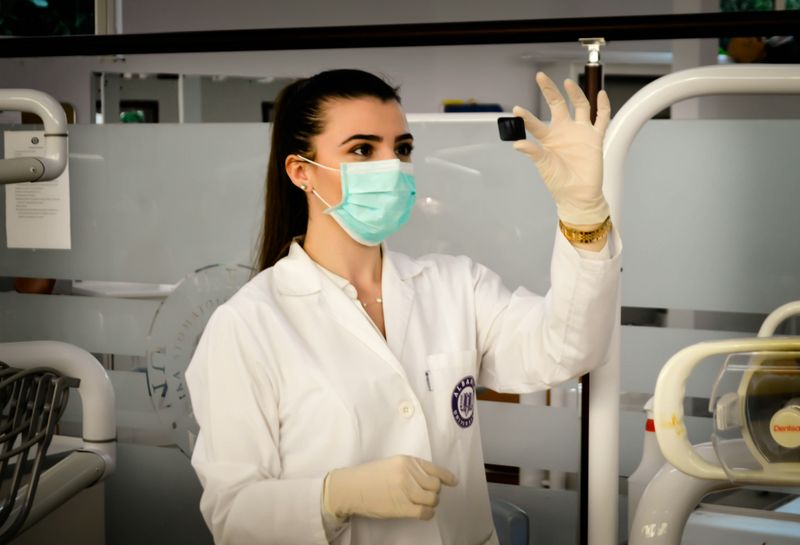 Photo by Ani Kolleshi on Unsplash
Photo by Ani Kolleshi on Unsplash
2. Compassion & Empathy
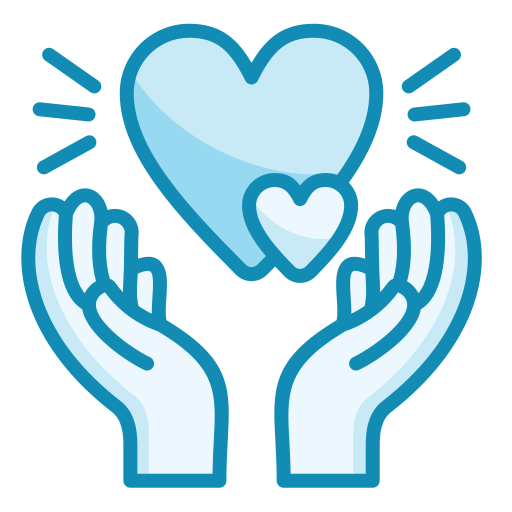
Your ability to feel the needs of your patient and your willingness to help are crucial.
An example of empathy is genuinely supporting a friend or classmate in challenging times, instead of ignoring or minimizing them.
You can develop empathy by helping people in times of need, for example, by working as a volunteer at health facilities.
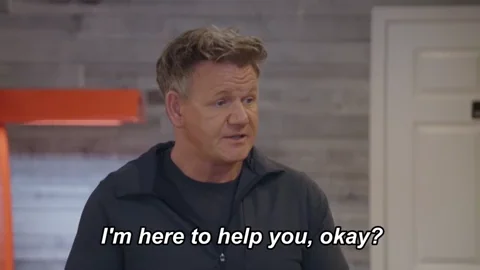
3. Communication Skills

Communicating effectively with patients and other healthcare staff will guarantee success.
Imagine you’re planning a group project. Instead of just doing everything yourself, you speak up and ask your teammates for their ideas. You listen carefully, ensure everyone’s on the same page, and share your thoughts. By staying positive and respectful, the team works smoothly and has fun! This situation illustrates good communication skills.
So, practice active listening, ask questions, be open to feedback, and share your ideas clearly and respectfully.

4. Attention to Detail
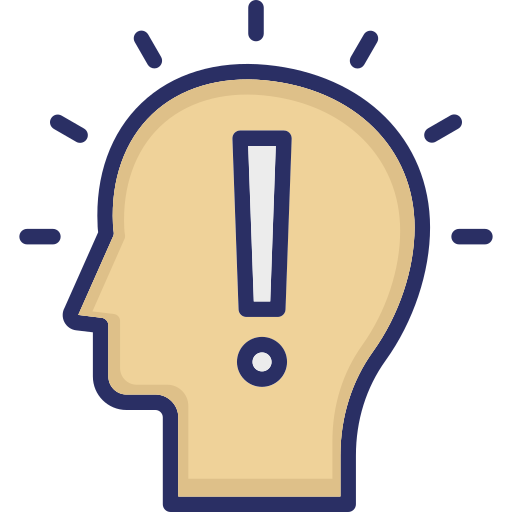
The more careful you are, the better you'll help patients.
A nurse has to follow medical plans for several patients at the same time, so the ability to be organized and attentive is very important.
Practice active observation. In school, double-check your work, especially regarding math or science projects. This habit of reviewing and making sure everything is correct is directly transferable to healthcare tasks like taking vitals or following medical procedures.

5. Problem Solving Skills
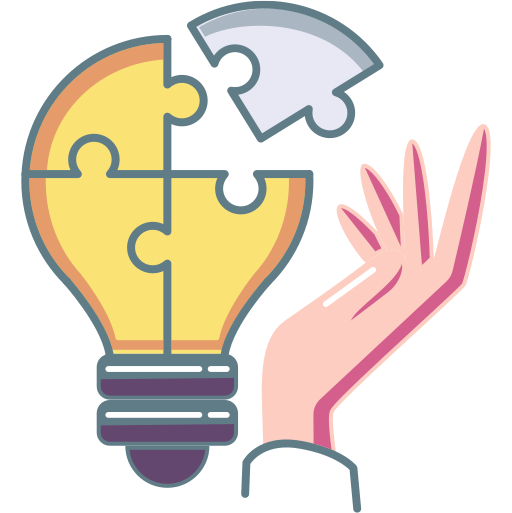
These skills are essential for providing effective patient care, ensuring patient safety, and supporting teamwork and collaboration.
Problem-solving is about staying calm, thinking through options, and finding solutions that work. It is like being a puzzle solver in real life!
Whenever you face a challenge, ask yourself, "What if I try this?" or "What if I do it this way?" This opens up different solutions and helps you think outside the box. Keep asking questions about things that confuse or interest you. The more you learn, the more tools you'll have to solve problems!
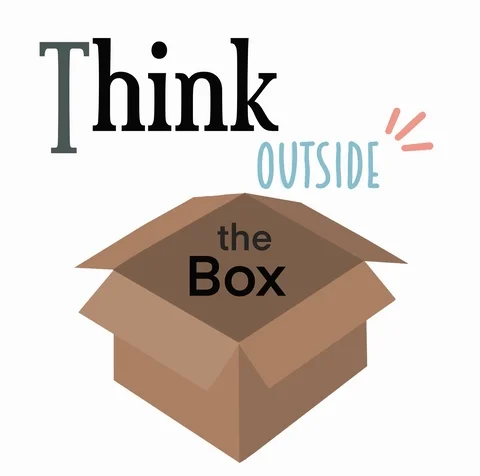
6. Willingness to Learn
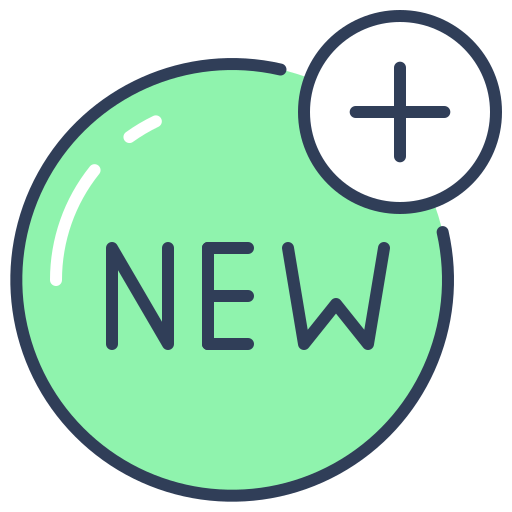 The healthcare field is ever-changing, so nurses need to keep up with new approaches.
The healthcare field is ever-changing, so nurses need to keep up with new approaches.
Imagine you're a volunteer at a local clinic, and you notice nurses using fancy medical equipment. Instead of feeling intimidated, ask questions and eagerly watch how they use it. If you’re excited to learn, it will help you make patients feel safe and cared for as a future nurse!
Try not to be afraid to ask questions, explore articles and videos about healthcare, and be open to feedback to develop this skill.

Quiz
You're volunteering at a care home for the elderly. You're watching a nurse performing a procedure on a patient. What can you do to make the most of your learning? Select all that apply:
What Else Can Help?
Your high school could have needed electives for your future study. So check this list:
Science courses like biology, anatomy, nutrition
Foreign language courses like Spanish if you're in the USA
Math courses like algebra and statistics
Healthcare courses like health science
 Photo by Kenny Eliason on Unsplash
Photo by Kenny Eliason on UnsplashOther ways to develop skills needed to become a nurse:
Look for local community college summer courses to round out your transcript and learn more about the field.
Volunteer at healthcare facilities to get some experience and interact with patients and medical staff.
Quiz
You want to get some experience at a healthcare facility but you're still in high school. What should you do? Select all that apply:
Take Action
Your feedback matters to us.
This Byte helped me better understand the topic.

